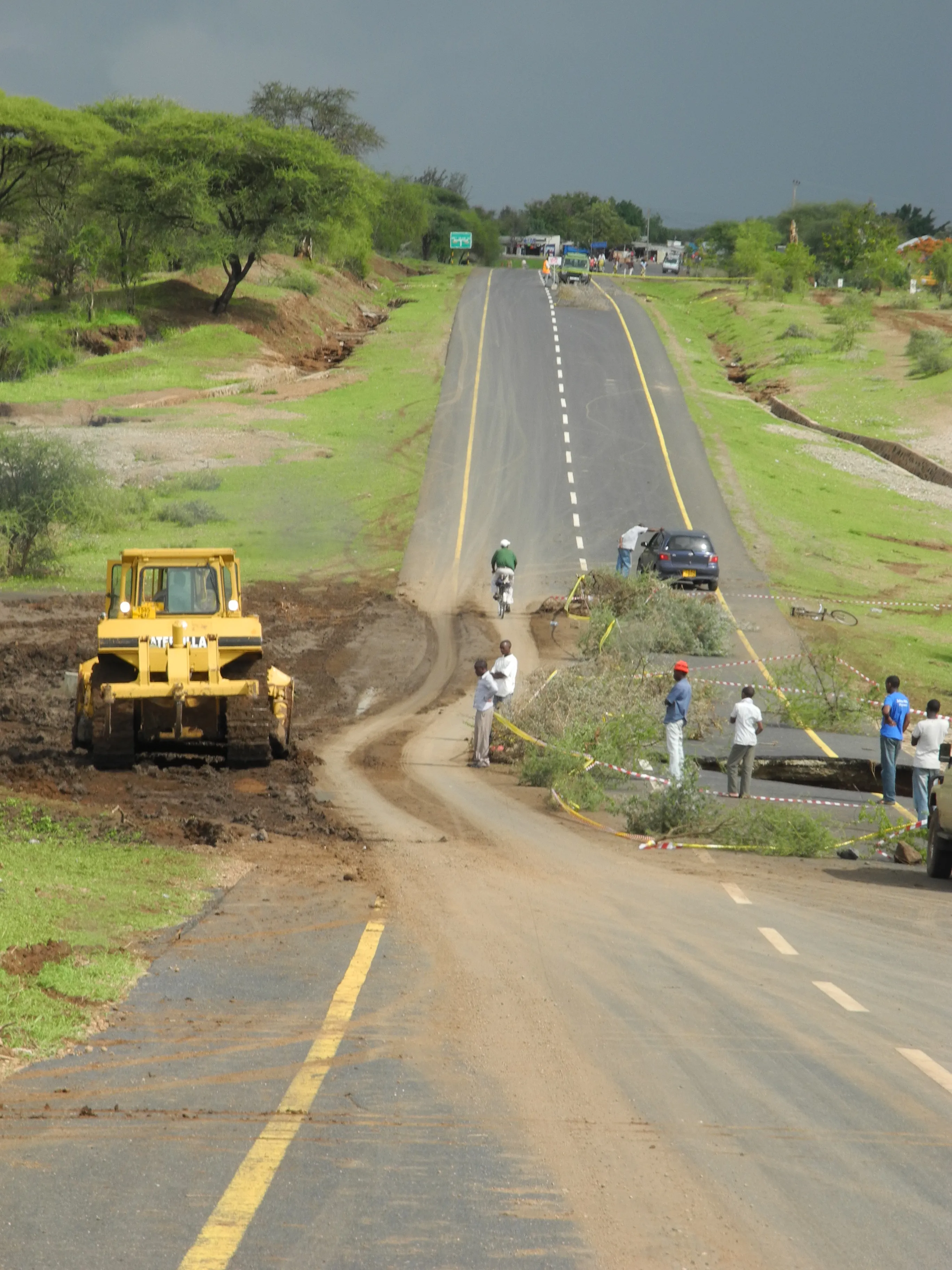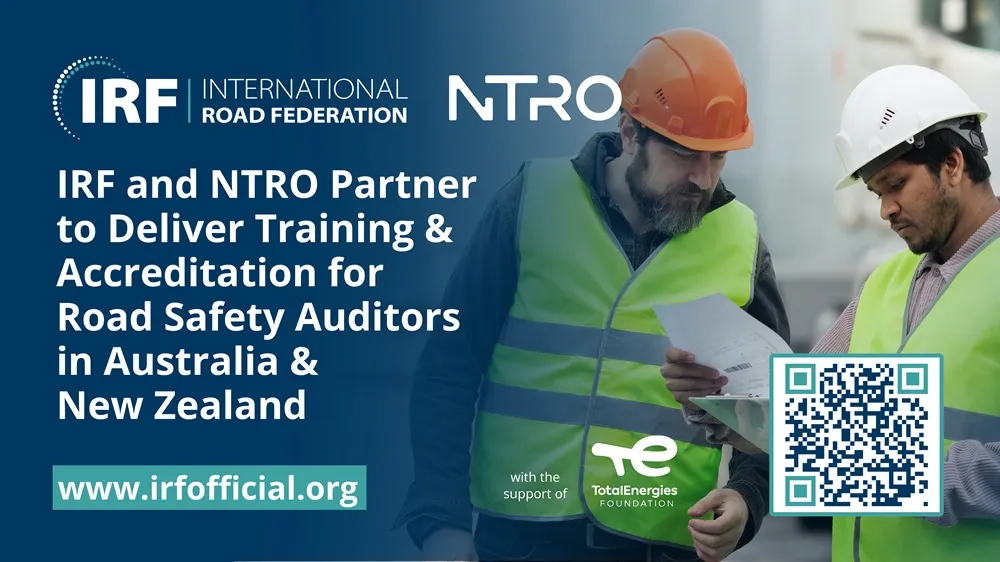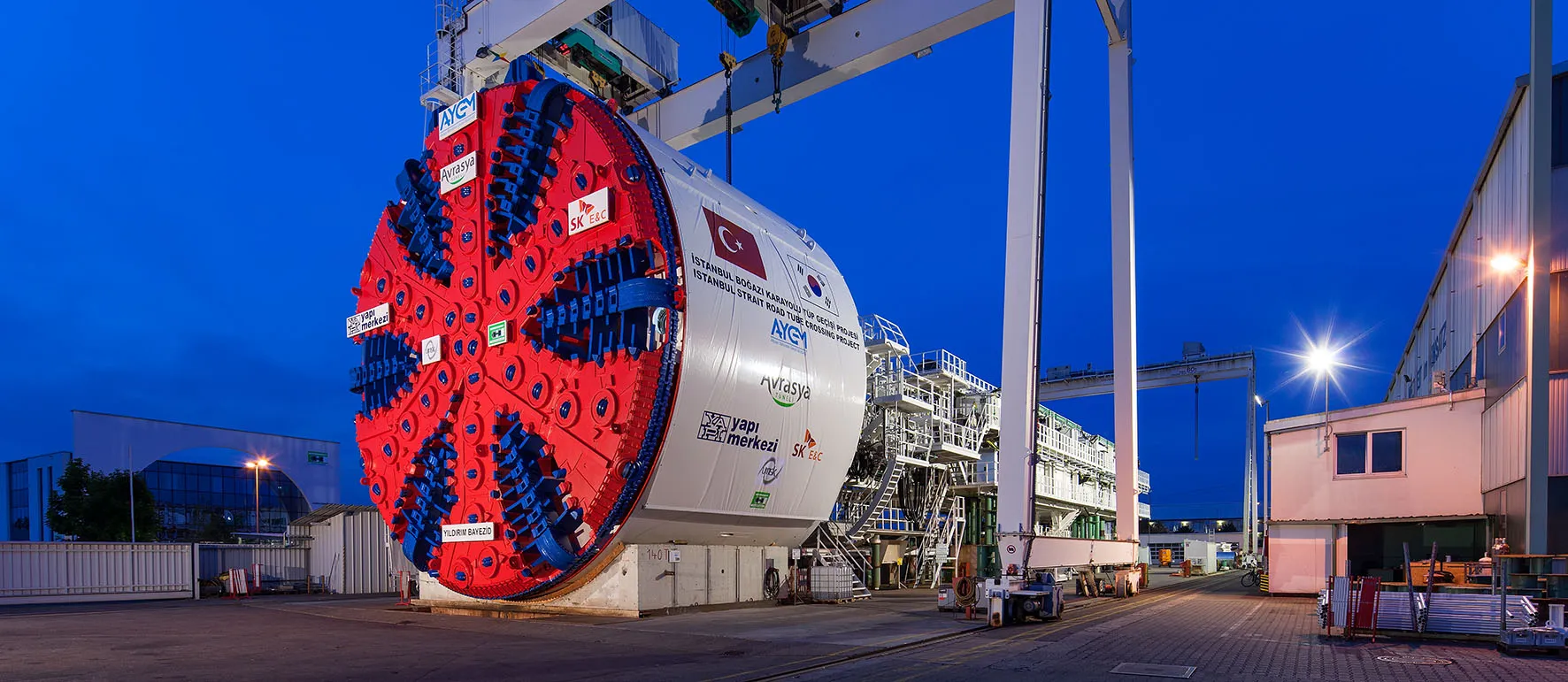WTC offered the background for hosting the plenary session of The Belt & Road Transport Alliance (BRITA) during which IRF has signed agreement to lead the Green & Sustainable Development Committee.
The World Transport Convention (WTC) - at its third successful edition this year - is becoming an increasingly influential event in China and an international platform nurturing, stimulating, demonstrating and implementing transportation innovations for government officials, practitioners, and academia. Under the theme “Green and Intelligent Mobility for Future Transport”, the event gathered this year 6,000 delegates. The impressive opening ceremony welcomed Ministers, Deputy Ministers and senior officials from a variety of countries around the world and key international organisations.
IRF’s delegation was headed by Susanna Zammataro, IRF director general. Addressing the plenary of the Belt & Road Transport Alliance (BRITA), Zammataro said, "As highlighted during the Second Belt & Road Forum in Beijing in April 2019, international cooperation and coordination plays and will play a key role in furthering the positive effects of the BRI. We, as the International Road Federation, are well placed to act as catalyst to bridge, foster and coordinate the required 360 degrees partnerships. With our broad range of members and widespread expertise, IRF has been successfully acting as an interface between governments, international bodies, multi- development banks and the private sector for over 70 years. We are at the forefront of creating enabling frameworks and providing insightful data and expertise to allow deeper analysis on the key issues our sector is facing.” She stressed, “We need to think ‘system’ and look at developing diversified and distributed transport systems. We need to develop pragmatic, balanced, flexible policy and regulatory schemes that can spur innovation, including green innovation in all its forms. We need to develop policies that drive collaborations because that’s what success will largely depend upon. We need to reduce transaction costs by harmonising standards and procedure.”
Zammataro thanked the Ministry of Ecology and Environment (MEE) of China for the invitation to join the BRI International Green Development Coalition as a partner and to further serve as a Lead partner of the Green Transportation Thematic Partnership of the Coalition. “We trust that the International Green Development Coalition will allow us to contribute even further towards enabling the BRI to deliver sustainable transport for Eurasia and beyond and the achievement of economic, social and environmental goals," she concluded. Speaking later on at the Belt & Road Summit hosted also in the framework of WTC, Zammataro provided some insights on how to deliver climate resilient road infrastructure along the Belt & Road.
• If you wish to get involved in the Belt and Road Transport Alliance or the Green Transportation stream of the BRI International Green Development Coalition, please contact IRF Secretariat at [email protected]
Belt & Road: IRF to lead the Green & Sustainable Transport Committee
IRF (Geneva) was pleased to support again this year the World Transport Convention (WTC) organised by China Highway & Transportation Society (CHTS) – an esteemed member of IRF - in Beijing on 13th-16th June 2019.
WTC offered the background for hosting the plenary session of The Belt & Road Transport Alliance (BRITA) during which IRF has signed agreement to lead the Green & Sustainable Development Committee.
The World Transport Convention (WTC) - at its third successful edition this year - is becoming
September 4, 2019
Read time: 3 mins









